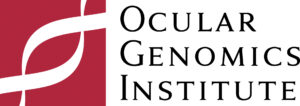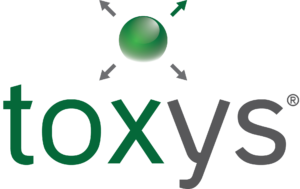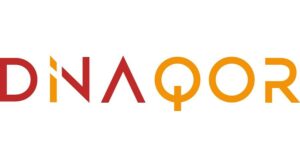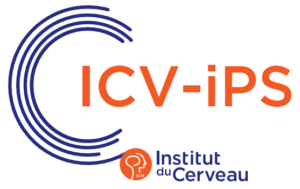> Range of assays > Genomic stability: Karyotyping assays
Genomic stability:
Karyotyping assays
Robust, fast and cost-effective genomic stability testing for the success of your research work
Stem cell research scientists need reassurance concerning the genomic stability of the cells they are using in their experiments. The validity of their research work relies in part on the implementation of a robust genomic quality control system.
Traditional karyotyping methods alone will not always provide the level of sensitivity required to reliably detect the most common abnormalities found in stem cells.
In addition, they are generally not suited to regular testing at each step that cells are put under stress due to their processing lead times.
With these constraints in mind, Stem Genomics has developed a range of tests to match your specific requirements and put your mind at rest.
The iCS-digital™ range: a sensitive detection solution, specifically designed for your cell type
The iCS-digital™ range has been designed to target specific abnormalities relevant to hPSCs & hMSCs, as well as aneuploidy detection. These assays use highly sensitive digital PCR (dPCR) technology, ideal for small size CNV detection that other traditional methods like G-Banding will miss.
The 5 main advantages of the iCS-digital™ range:
- Speed: you can get your results within 3 days or even faster if you use our in-house kit.
- Robustness: you get a high level of confidence in your results thanks to the high sensitivity of dPCR combined with our specific set of probes.
- Cost effectiveness: Cheaper than G-Banding, the iCS-digital™ range enables you to test more regularly during culture, or introduce an entry level genomic screening in your process.
- Convenience: you can choose to do it yourself or have us perform the service for you. Regarding the service, you have several easy options to choose from to send your samples: genomic DNA, cell pellets or cells in fresh culture media (or in cell culture supernatant).
- Straightforward results: you get easy data analysis and interpretation of results delivered to your inbox when you choose the service, or you can download the results from the iCS- digital™ software with your kit.
Detect over 93% of recurrent abnormalities in hPSCs in record-breaking time !
Detect over 80% of recurrent abnormalities in hMSCs in record-breaking time !
Detect aneuploidy in any
human cell type in
record-breaking time !
A combined solution for hPSCs only
The Duo iCS-Karyo assay* will provide you with a combined G-Banding and iCS-digital PSC solution for assessing the genomic integrity of your cells with high precision.
4 main advantages:
- High-resolution detection: identify the most recurrent altered regions in hPSCs, including the sub-karyotypic 20q.11.21 abnormality.
- Exhaustivity: G-Banding will provide you with an exhaustive structural and numerical variant analysis.
- Peace of mind: we provide full processing services from simultaneous metaphase chromosome preparation and DNA extraction to the final report.
- Straightforward results: you will get both assay results sent to you at the same time with a fully interpreted report.
* Only available in Europe and North America. Outside these geographical locations, you can combine your traditional G-Banding analysis with our iCS- digital™ PSC solution.
If you only need a G-Banding analysis to be performed, please follow this link.
The Stem-Seq™ range: sequence multiple genes simultaneously and get a clear and meaningful interpretation
The Stem-Seq™ Panel enables stem cell scientists to look deeper into targeted regions of interest. Based on NGS technologies, the Stem-Seq™ Panel detects Single-Nucleotide Variants (SNVs) associated with cancer (including TP53, BCOR, etc.), but also selected variants specific to pluripotent stem cells and their impact on the natural development of cells in culture.
Stem-Seq™ Plus offers a more comprehensive analysis including the molecular abnormalities detection from the Stem-Seq™ panel (SNVs) as well as the chromosomal abnormalities detection of Copy Number Variations (CNVs) on the whole cell.
The 5 main advantages of the Stem-Seq™ range:
- A custom-made panel: 361 genes selected for their relevance to stem cell researchers, and particularly hPSC research scientists, whose cells are the most prone to genomic abnormalities.
- High-performance: its high resolution and average coverage of 1000x ensure you can identify SNVs and Indels at up to 2% mosaicism/VAF and 20% for CNVs.
- Several levels of reports: from filtered to fully interpreted, get a clear interpretation of significant variants and the potential pathogenicity on your cells.
- Convenience: all you need to do is send genomic DNA at room temperature and we handle the whole process for you.
- Speed: Analysis available starting from 1 sample so you do not need to wait for other samples before processing begins!
Look deeper into any human cell type and detect targeted SNVs & CNVs












